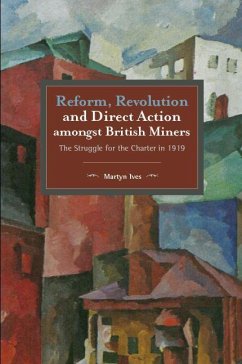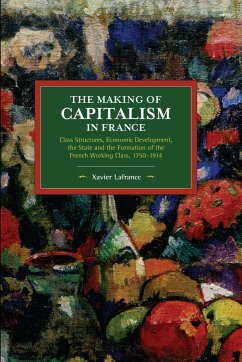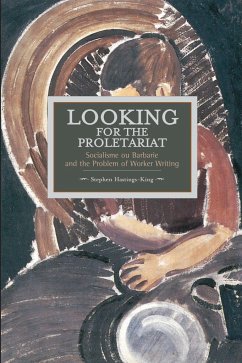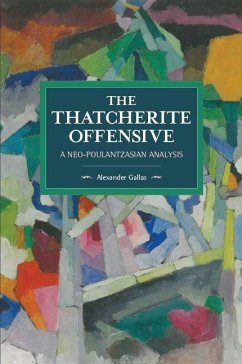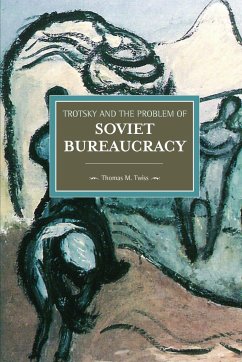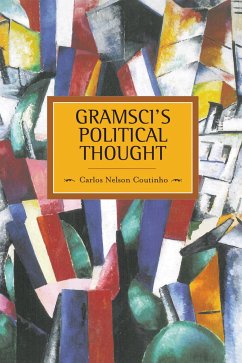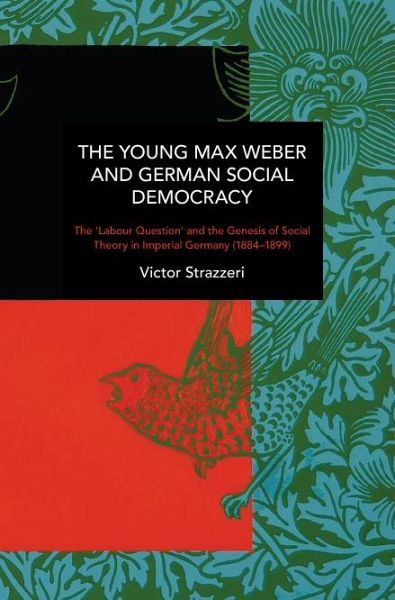
The Young Max Weber and German Social Democracy
The 'Labour Question' and the Genesis of Social Theory in Imperial Germany (1884-1899)

PAYBACK Punkte
15 °P sammeln!
The Young Max Weber and German Social Democracy examines the formative years of the classic social thinker once called the 'bourgeois Marx,' specifically focusing on his relationship to the foremost working-class organization of his time. Offering groundbreaking insights, Victor Strazzeri argues that Weber's early engagement with the standpoint of the rural worker - not his later study of the ethics of ascetic Protestant entrepreneurs - first convinced him of the central role of culture in human agency. The crisis of liberalism in a rapidly modernising, conflict-ridden Imperial Germany embarki...
The Young Max Weber and German Social Democracy examines the formative years of the classic social thinker once called the 'bourgeois Marx,' specifically focusing on his relationship to the foremost working-class organization of his time. Offering groundbreaking insights, Victor Strazzeri argues that Weber's early engagement with the standpoint of the rural worker - not his later study of the ethics of ascetic Protestant entrepreneurs - first convinced him of the central role of culture in human agency. The crisis of liberalism in a rapidly modernising, conflict-ridden Imperial Germany embarking on colonial expansion is cast as the decisive setting for the genesis of Weberian social thought, with the rising labour movement, in turn, serving as the young Weber's little-known yet crucial interlocutor.






